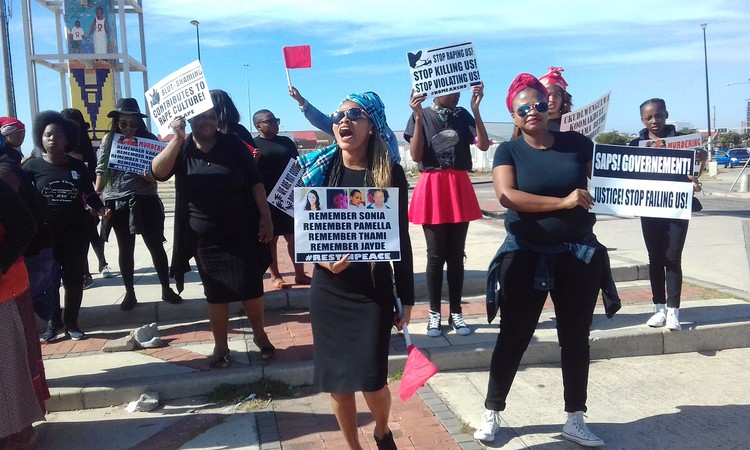
Gentle Justice
justice
awaits
victims wait
for some
whilst Special Ones
and the blindly faithful
get their way
and get away
Gentle Justice
an escape
from the glare
of the public
Gentle Justice
is what you get
when you are
well-known
well-resourced
well-connected
(pockets well-lined too)
(this in spite of our
Constitution lauded
and our Bill of Rights
and the like
on paper)
Gentle Justice
a higher-up gets
during Women’s Month
his just reward
for knowing
his place
(no shoot first or
fight fire
with fire)
justice awaits
and victims wait
A legal NGO’s spokesperson on morning SAFM radio has it that our Rainbow Nation’s night-clubbing higher-up deputy-male has gotten himself “gentle justice”.
(Photo Credit: Joseph Chirume / GroundUp)
